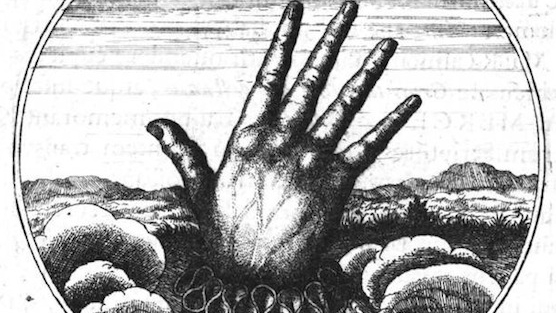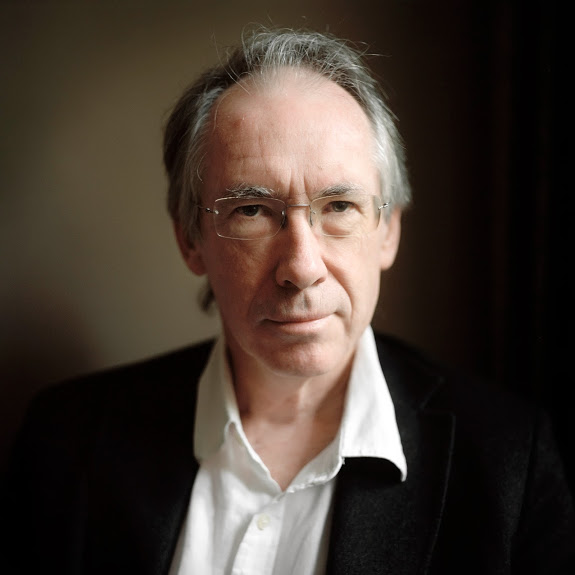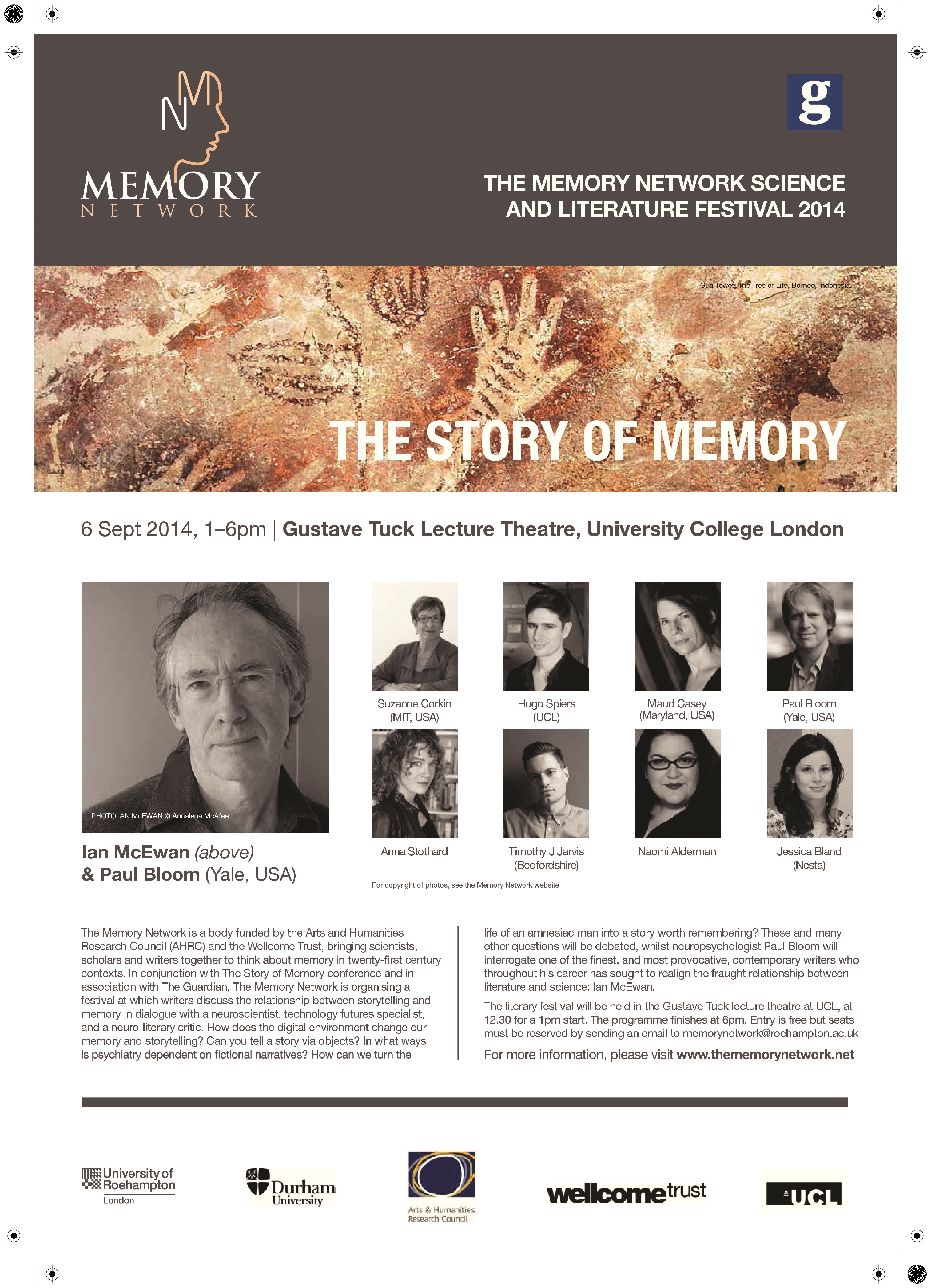The Times Higher Education recently reported that the University of London has taken legal action to challenge its own deed of trust concerning the care and integrity of the Warburg Institute. Possible results of this action include the dispersal of the library, or its relocation abroad.
The Guardian has more information on the proposed changes, and on the unique library itself. The Institute was relocated from Hamburg to London in 1933, endangered by Hitler’s rise to power, and although the University of London accepted the collections in 1944 (the agreement currently under review), similar action was considered in 2010.
Change.org is hosting a petition calling on the University of London ‘to withdraw their legal action and keep the Warburg Institute just as it is, for three reasons:
1. To keep the Warburg Institute’s collections intact. In over 50 years since the library’s resettlement in London, it has grown from 80,000 to 350,000 volumes, 40% of which are unique and not held in the British Library.
2. To preserve Aby Warburg’s intellectual legacy. The Institute’s collections are organised unlike any other in the world – according to a system developed by Warburg as a product of his own research. Dispersal is tantamount to destroying one of Warburg’s greatest works of scholarship – the library itself.
3. To maintain the vibrant intellectual community the Warburg fosters. A one-of-a-kind collection both in content and form, the Warburg has drawn together a world-class scholarly community for decades. Taking the collections outside of the space of the Institute would displace that community of researchers.’



